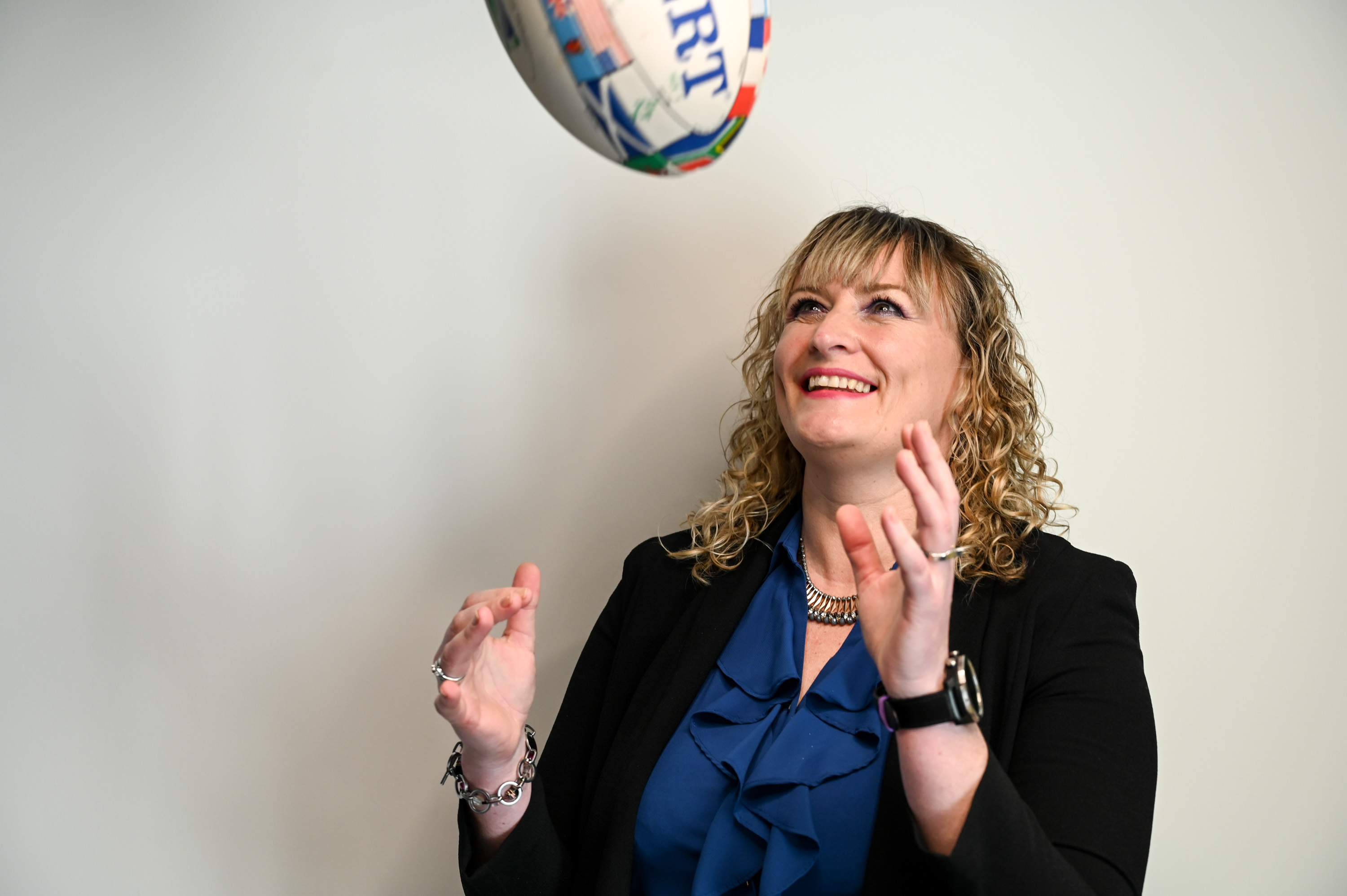
The sports technology market is growing into a $40 billion industry with sports analytics as the biggest driver. Sports analytics is becoming crucial to many teams by helping them become their best through interpretation and analysis of statistics gained through training and matches. While statistics and quantitative analysis have played a central role for a long time, it is now significantly impacting every aspect of sports. Commercialisation has caused a shift in the sport paradigm away from amateurism and voluntarism towards sport as a profession and thus an economic activity. Sports analysts are in high demand with professional teams developing entire departments just to analyse statistics.
The financial strength of a professional sports club is dependent on the club’s current level of performance and the size and scale of its supporter base. Improved on-field performance correlates with an increase of revenues from marketing, membership, and matches with improved attendance. Sports success leads to profits because victories on the pitch attract fans and increase attention from the media. This in turn means higher attendance and TV rights, and more interest from sponsors.
Video analysis has been a key fundamental of coaches’ toolkits worldwide across sports for years. Such analysis continuously advances and maximises the potential of teams and athletes in this highly competitive world. The idea of data-based analysis is not to replace other aspects of the coaching practice but to augment the coaches’ experience and intuitions with video and data analysis to help inform decisions on training priorities, team selection, tactics, as well as player recruitment and retention.
As soon as a rugby game has been recorded, an analyst reviews and applies a process called coding to every part of the match, each play, each move and each event, in order to identify areas for improvement. Typically, games are played at the weekend, with training starting on Monday, so the analysis must be completed rapidly. The process takes up to 25 hours to complete. In a parallel process the analysts are also analysing the last 3-5 matches of their upcoming opponents to provide insights for the coaches. The coach then implements the optimal training programme prior to the next match to increase performance and chances of winning. However, video analysis is hard, and it’s plagued by manual processes which are time consuming, requiring specialist resources and software that is expensive and difficult to use. It is error prone and causes delays in identifying key improvement points.

The idea for RugbySmarts began when co-founder and chief technology officer William Johnstone was working with Connacht Rugby and Corinthians RFC as a community coach where he spent countless hours coding, analysing, and editing matches to help improve the performance of the team. He became inspired to use his technical experience to develop a better way and approached me, as a former Irish rugby player, to come on board as co-founder and CEO to create an organisation that transforms the video analytics landscape. Artificial Intelligence (AI) is revolutionizing sports and elevating it to a different level. In recent years, there’s been a quantum leap in the application of AI, Machine Learning, and advanced data science methodologies.
These advances in technology have been applied to the RugbySmarts platform to allow it to identify key aspects of the game such as tackles, scrums, lineouts and other events in near real-time, allowing coaches and analysts to focus on performance improvement as opposed to data entry. This gives a much richer output so that analysts can produce better qualitative inputs to coaches leading to a greater chance of success as the team and coach are prepped better, meaning they are more likely to win. It allows analysts to have the time to focus on using their knowledge and player insights to do a deep analysis and create meaningful insights and visualizations for coaches and players. A key driver for the sports performance analyst is their desire to add more value from a coaching perspective. They will be able to use judgement and instinct based on knowledge of individual players and give instantaneous feedback helping coaches gain new insights and competitive advantage.
Even in grassroots amateur leagues, coaches are paid to try and ensure success and promotion for the club. Success means more revenue through national governing body allocations and grants, as well as having a direct correlation with membership and sponsorship. Opening a deeper level of analysis will help clubs and coaches achieve better performance.
Linked closely to all of this is the rise in fan engagement. The emergence of data-driven solutions will drive growth of engagement. Personalisation and monetisation will be driven by AI which will include the use of multiple camera angles and live statistics. Technologies such as Virtual Reality (VR) and Augmented Reality (AR) will allow fans at home to feel like they are in the stadium, with 360-degree cameras appearing on the touchline and amongst seats. Clubs are also keen to offer as much of the data, analysis, and personalization that digital viewers get to those in the stands, such as video clips that could integrate into in-play score updates so fans can have instant replays in the stadium on their phones.
In a consumption habits report by Imagen, fans reported being underserved when it comes to archived footage, as well as engaging with regularly served content such as interviews, analysis, and match stats. 78% of fans between 18-23 use another device for social content while watching their favourite sports. Millennials are not far behind, with 25% of Millennials stating they consume more than three hours of non-game content per week. The best way to serve this demand is through team and club apps. End users have access to more data and content than they would otherwise receive through social media, including fantasy sports, prediction and punditry, fan polls, and interaction between fans through apps.
Analytics and automation are going to be fundamental drivers in all aspects of the sporting sector in the coming years and if teams want to stay at the top of their game, they need to embrace these advances while using human creativity and critical thinking to gain competitive advantage both on and off the pitch.
Profiles
Yvonne is a multifunctional manager with over 12 years’ experience across various industries in London. A former International Rugby player, she did her undergraduate and post-graduate degree in Sports Science at St. Mary’s University in Twickenham, but after years in commercial business, to further broaden her knowledge and skillset across all areas she obtained a first-class honour in the Executive MBA from NUI Galway. Her career started in Quality Management and medical devices where she helped Maspac gain ISO13485 accreditation in the transition from sub-manufacturer to manufacturer.
She then progressed into operational and change management roles gaining significant experience in implementing enterprise wide IT projects to enhance service delivery. She has always had a keen interest in driving innovation within businesses, developing strategies to improve profitability by identifying and analysing existing processes for improvement.
This experience across industries allows her to bring added value, with a unique approach to problem-solving and streamlining business units to drive efficiencies. She got a flavour of start-up culture and the approach of needs led innovation when she gained a place on both New Frontiers and Empower Start.
She believes that we need to be able to harness new technologies like artificial intelligence and the Internet of Things and understand their implications for research and healthcare, look towards prevention as well as treatment to improve well-being, anticipate health issues and change behaviours that affect day-to-day health. She is highly motivated to use her skillset to create the meaningful, impactful solutions that the BioInnovate fellowship develops at the cutting edge of the MedTech industry. In her spare time, Yvonne is involved in coaching and the strategic development of rugby with Galway Corinthians, Connacht Rugby and the IRFU.